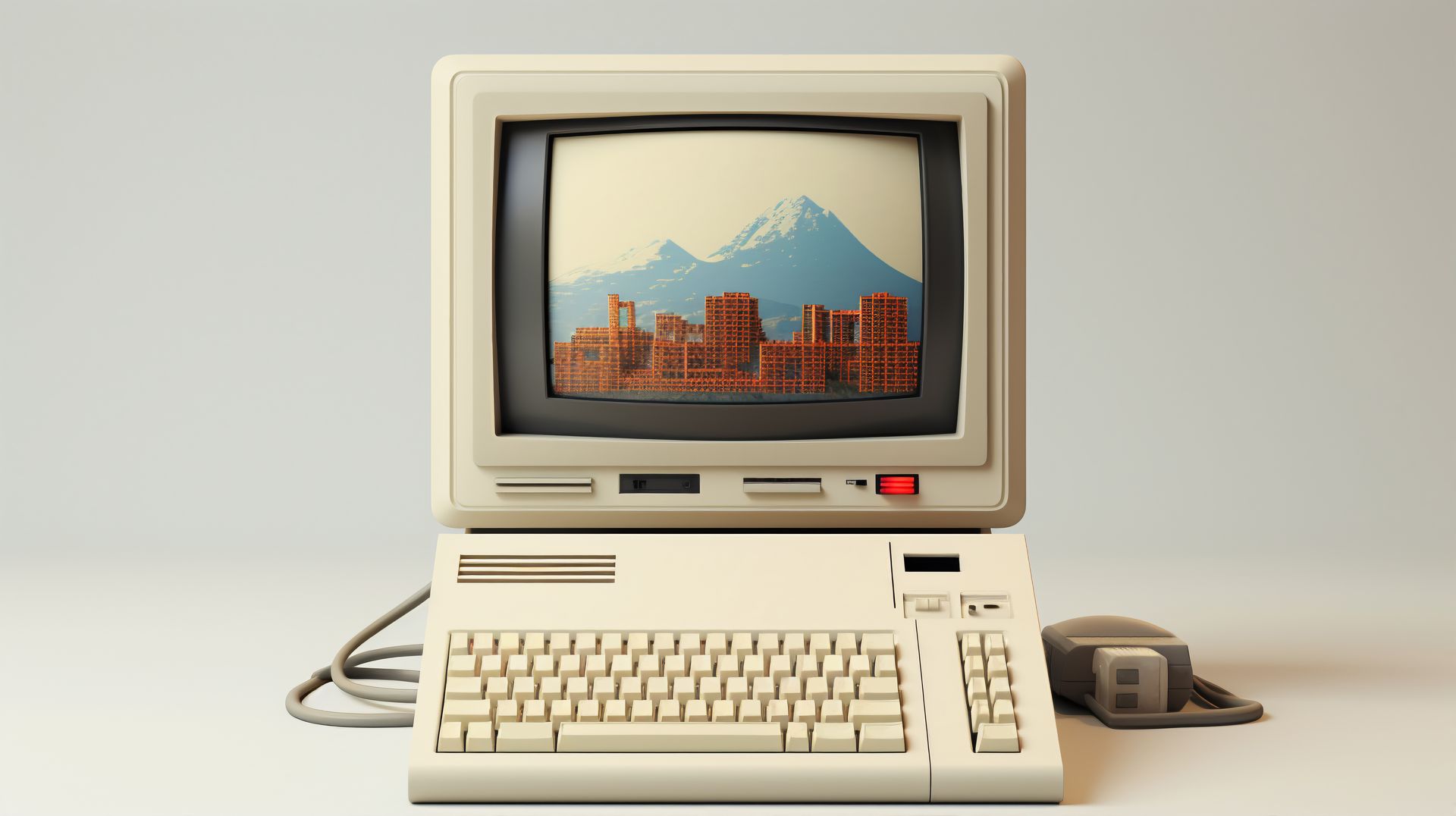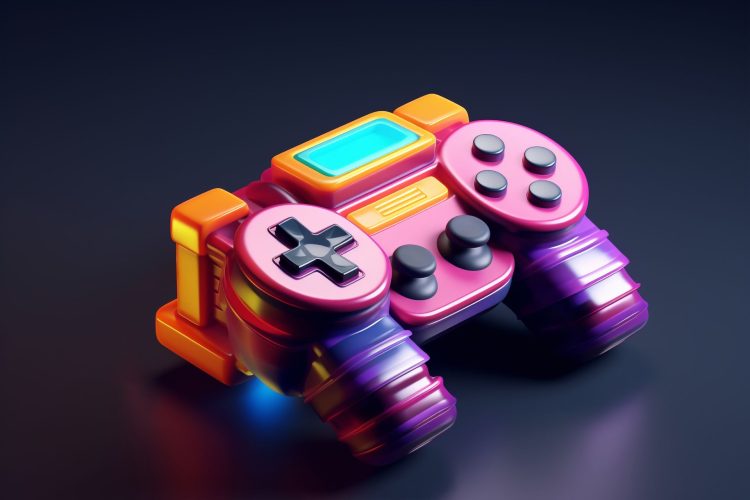- You may have heard about the Nintendo Yuzu Emulator sue news. Nintendo has a long history of fighting to protect its games and consoles. In 2024, it took legal action against the Switch emulator Yuzu.
- While the Yuzu lawsuit shut down the original project, emulator enthusiasts recorded and spread copies of the code, making it difficult for Nintendo to stop emulation altogether.
- The legal battle between Nintendo and Yuzu leaves the legal status of game emulation uncertain.
- Despite Nintendo’s efforts, emulation continues with new projects based on Yuzu’s code, suggesting that the battle is far from over.
Nintendo, which has existed since 1889, is very sensitive about protecting its intellectual property rights and has been involved in many legal battles on this issue from the past to the present. Nintendo frequently targets game emulators, in particular.
We shared with you at the end of February that Nintendo filed a lawsuit against Yuzu Emulator. Since then, some developments have continued to come to light.
At the end of the legal process with the developers of the Nintendo Switch emulator Yuzu, the emulator’s development was stopped, and the codes were handed over to Nintendo. But this was not the end of the story; it was the beginning. Here’s what we know…
Big blow to Nintendo Yuzu Emulator users
Yuzu’s deprecation galvanized emulation enthusiasts, who started backing up their code on different platforms. Copy of Yuzu spread rapidly, especially on GitHub. However, Nintendo was not indifferent to this move and filed a copyright infringement notice to GitHub. As a result, more than 8535 Yuzu codes were removed from the platform.

Nintendo claims that Yuzu violates the Digital Millennium Copyright Act (DMCA). According to the company, Yuzu is illegal because it contains cryptographic keys used to decrypt Switch games and make them playable. Although the emulator does not contain the keys to the console hardware directly in its code, users had to provide them themselves.
The swift conclusion of the legal proceedings with Yuzu’s developers has left questions about how exactly the relationship between emulation and the DMCA will be interpreted legally. However, this uncertainty has not deterred emulation enthusiasts. Their determination and resilience are evident in the continued development of different emulators using Yuzu’s code.
Nintendo’s fight against emulation is a long and complex process, as the fate of Yuzu and its clones shows. Although the company is taking important steps to protect copyrights, it seems unlikely that it will be possible to prevent the spread and development of emulation completely.
Featured image credit: Freepik




